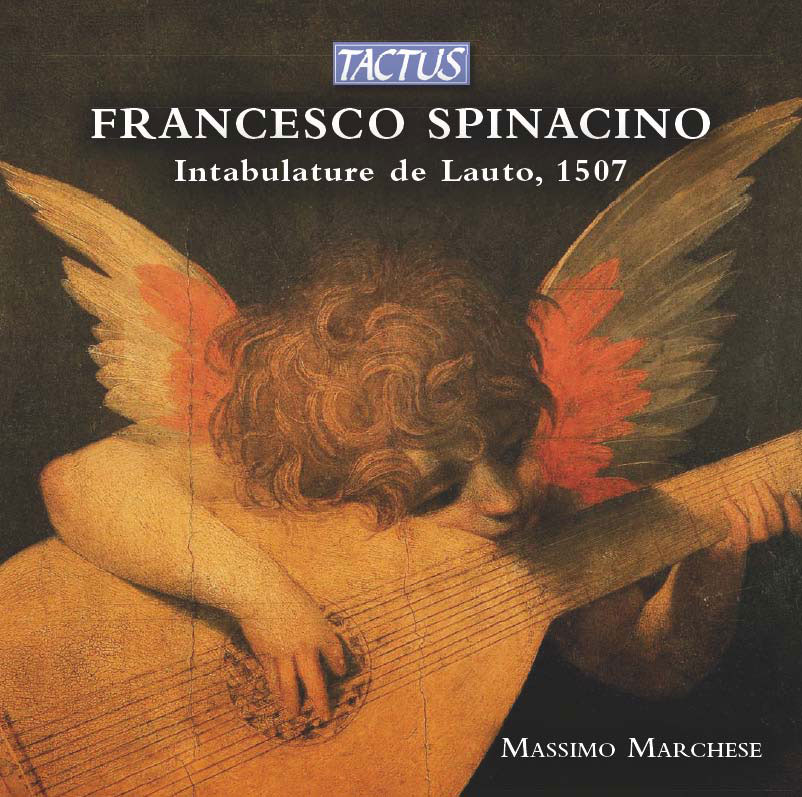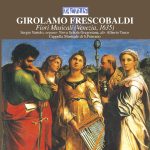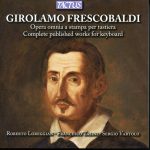Francesco Spinacino (1450 ca. – post 1507)
Maybe Ottaviano Petrucci didn’t invent musical printing, for certain he was amog the first who printed volumes of musical pieces; probably he devised the movable types one and he was the first to print instrumental music.
In passing: the collection of lute music by Francesco Spinacino, published in 1507 (and Spinacino was a Fossombrone native, like Petrucci was), seems to be the first instrumental one in the history.
So the first one for new tools: printing, non-vocal music, lute; an extract of innovations that sure hit the mark.
Besides: inside this collection, nearby pieces referring back to the tradition (and that play their birth in the area of that we should call today cover or hit arrangement), nearby famous vocal pieces by the most famous composers (such as Josquin Des Prez and his hits) elaborations – composers who were to be, the first, historicized –, there were typical, absolute, instrumental compositions (even better: “for lute compositions”), “easily and friendly”, toccata-style, impromptu compositions.
Which have a touch of imitative technique to seem cultivated music and some sound agglomerates throwing themselves towards the coming new chordal world.
Which have a touch of passeggiate that dazzles in a professional mood “almost-virtuoso” the music amateur, perhaps a bourgeois one, who catches the lute, so light, and notices its “sustainable heaviness” for its cultural, social and technological legacies.
A “made for every occasion” instrument, ready to play all-seasons music: the Recercare.
It’s the intoxication of the moment, of less than thirty years, maybe.
Then there’ll be music falling in professional musicians models, strong models, stated by social turning points that music profession; and we’ll find not this popular moment in the near future, in so a concentrated way at least.
Instrumental music arises in 1507, with this collection by a famous lutenist we don’t know anything of whom (!).
It arises because this is its Epiphany on the market.
A shrewd printer-publisher senses the potentialities of this publishing tool, the positive image relapses on his catalogue, the assured future of a musical instrument rich in technology and in possibilities (it’s monodic, poliphonic, harmonic and virtuoso, portativo and innovative as for temperate tuning optionals, etc.
etc.) and the idea of a musical informal form: the Recercare.
Tracklist
Doppia Consegna
1. Adieu mes amours [*] 2:33
2. Recercare (13) [*] 2:24
3. Recercare (3) [*] 1:41
4. Recercare (2) [*] 2:36
5. Recercare (9) [**] 1:53
6. La bernardina de Josquin [*] 2:12
7. Recercare (6) [*] 3:41
8. Recercare (8) [*] 1:40
9. Recercare (11) [*] 2:04
10. Recercare (10) [*] 1:53
11. Benedictus [*] 2:27
12. Recercare (10) [**] 1:10
13. Recercare (12) [*] 3:01
14. Recercare (5) [*] 1:20
15. Recercare de tutti li toni [*] 3:34
16. Malor me bat [**] 2:52
17. Recercare (7) [**] 1:30
18. Recercare (9) [*] 3:12
19. Recercare (8) [**] 2:08
20. Recercare (3) [**] 2:14
21. Mater patris et filia [**] 3:36
22. Recercare (4) [*] 1:40
23. Fortuna d’un gran tempo [*] 2:23
24. Recercare (7) [*] 1:37
25. Bassadanza [*] 4:41
26. Recercare a Juli amours [*] 1:22
- Composer: Francesco Spinacino (1450 ca. – post 1507)
- Performers: Massimo Marchese, lute
- Historical Period: Humanism and Renaissance
- Code: TC 451901
- Edition: January 2006
- Barcode: 8007194103663
- Set: 1
- Total tracks: 26
- Total duration: 01:01:24
- Notes: Liuto rinascimentale a 6 cori di Ivo Magherini – Bremen, 2003 – Corde in budello di Mimmo Peruffo







